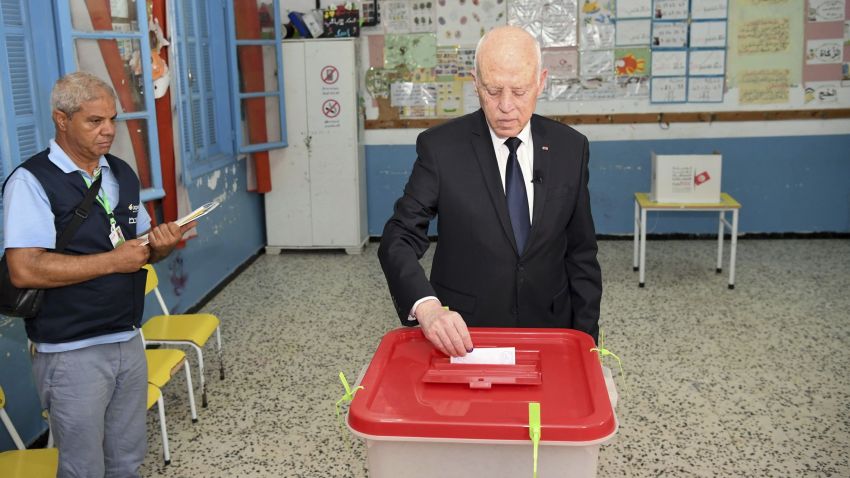Last week, for the eighth time in 11 years, voters were called to the ballot box to weigh in on Tunisia’s future. Over the past decade, Tunisians have chosen new presidents, fresh parliaments and local representatives in peaceful elections, even as they’ve grown increasingly disillusioned with the messiness of the country’s democratic transition. But last week’s referendum, which approved a new constitution, may bring an end to that civic process.
The new basic law, which was pushed by current President Kais Saied, a 64-year-old former law professor, will further undermine Tunisia’s parliamentary system in favor of a more personalistic and unaccountable one. For the first time since 2012, when the Arab Spring uprisings brought down the dictatorship of Zine el-Abidine Ben Ali, voting results threaten to take Tunisia back to a version of its past.
Under the new constitution, the president will be able to push his agenda without the usual checks and balances, including by appointing and firing the prime minister and Cabinet ministers without heeding parliamentary recommendations. The president will also be able to send draft laws to parliament, where they will get priority over the assembly’s own legislative agenda, and take unspecified “exceptional measures” if the country faces “imminent danger”—vague terms that could encompass a wide range of events and responses. The new constitution’s language even decreases the importance of the judicial, executive and legislative branches by saying they carry out certain “functions,” rather than wielding “powers.”

